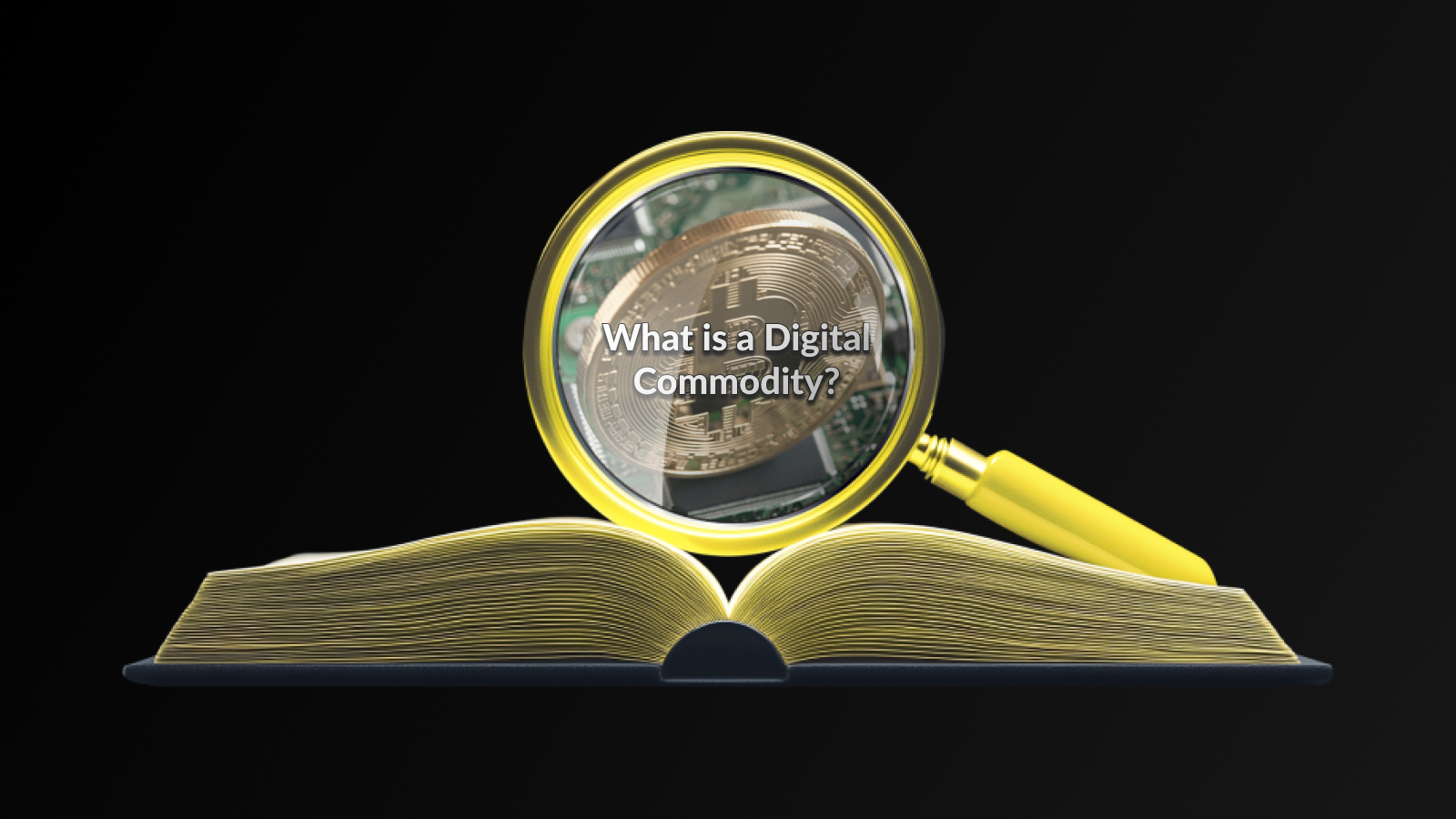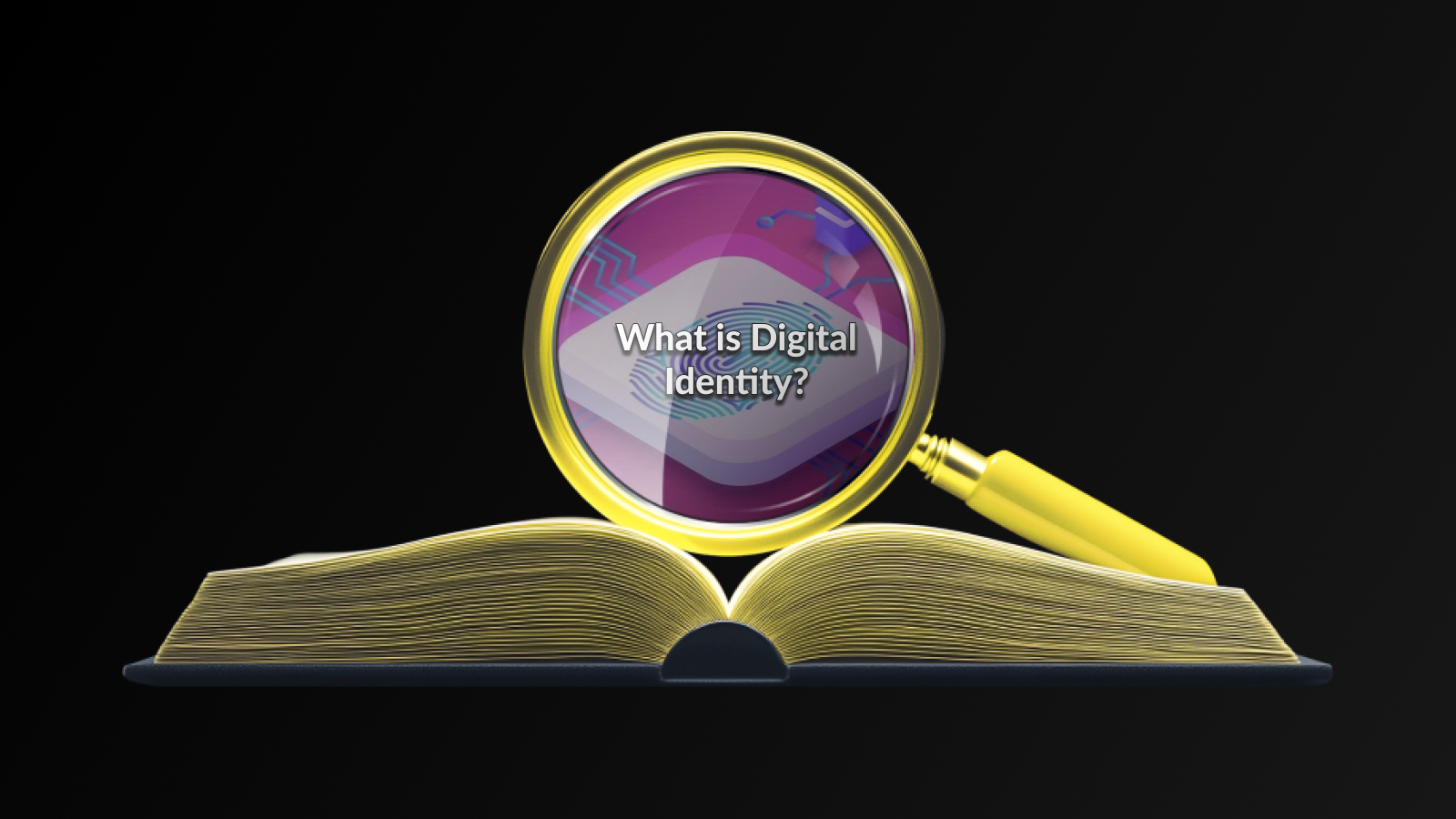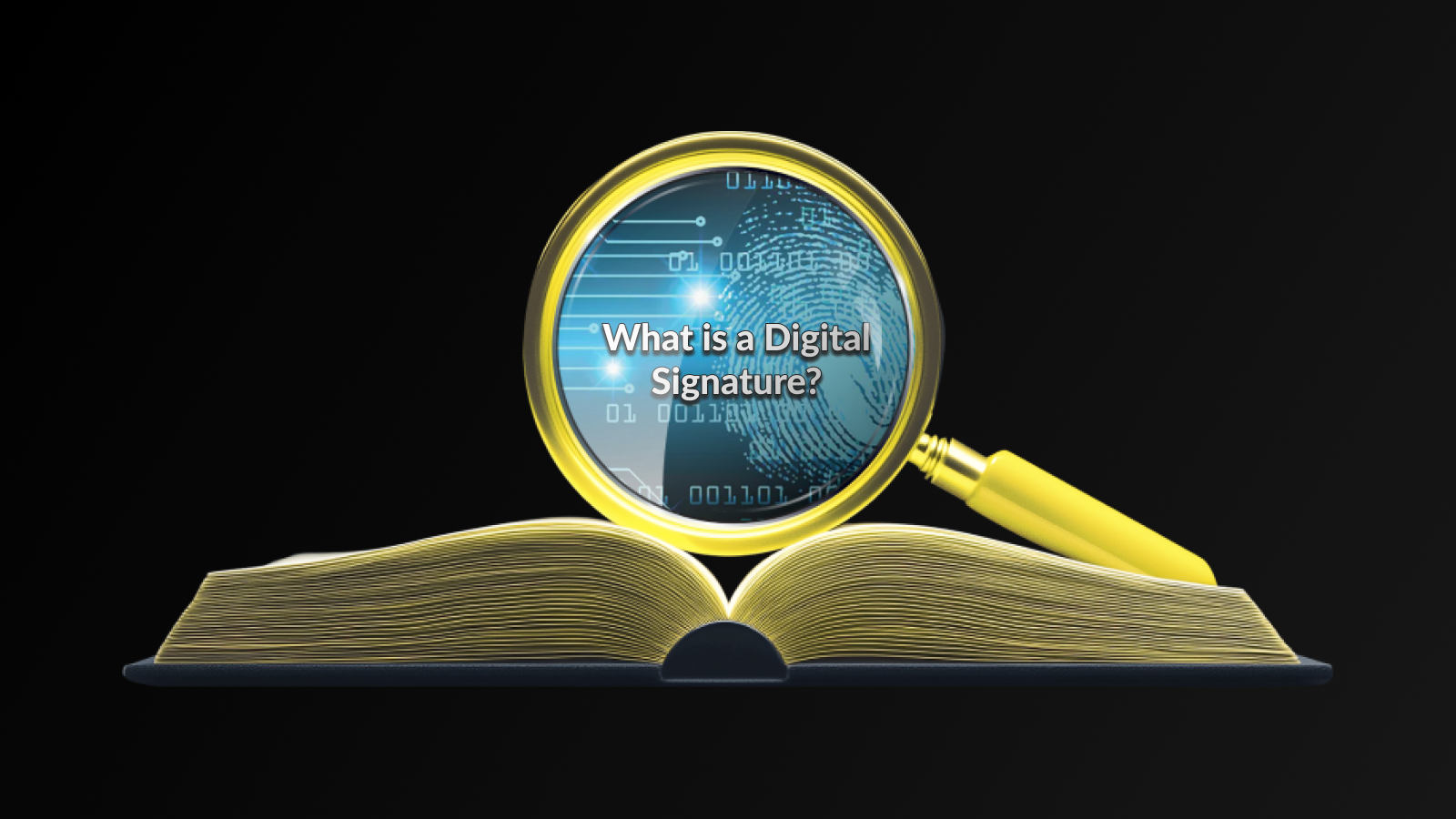Introduction
A Digital Commodity is a type of asset that is bought, sold, and traded in digital form, typically on blockchain networks. As technology continues to evolve, the concept of commodities is also transforming, leading to a variety of new digital assets. These digital entities can represent ownership or a claim to a resource that holds intrinsic value, similar to traditional commodities like gold or oil. However, they operate in a unique digital landscape where the factors influencing their value and trade differ significantly from those of their physical counterparts.
Digital commodities have gained traction in financial markets, appealing to investors seeking diversification and exposure to the growing digitization of the economy. With the rise of cryptocurrencies and tokenized assets, understanding the intricacies of digital commodities becomes more crucial for those looking to navigate this new frontier.
Key Characteristics of Digital Commodities
One of the main attributes of a Digital Commodity is its fungibility, which means that individual units of the commodity are interchangeable with one another. This characteristic allows for seamless trading and valuation across various platforms, enhancing liquidity.
Another essential feature is the decentralized nature of Digital Commodities. Unlike traditional commodities that may be controlled by centralized authorities, digital commodities operate on blockchain technology or distributed ledgers. This decentralization promotes transparency and security in transactions.
Digital commodities are also characterized by their digital scarcity. Many digital commodities are created with limited supply, as seen with cryptocurrencies and certain digital assets. This scarcity can enhance their value over time, making them appealing to investors looking for alternatives to traditional commodities.
Interoperability is a vital aspect of digital commodities. They can often be used across different platforms and ecosystems, allowing them to reach a wider audience and integration with various services and applications.
How Do Digital Commodities Differ from Digital Securities and Currencies?
The distinction between digital commodities, digital securities, and currencies is essential for understanding their roles in the evolving landscape of finance and technology. First and foremost, digital commodities are often defined by their intrinsic value derived from underlying assets, such as data, bandwidth, or even energy. Unlike digital securities, which represent ownership in an asset or company and are typically subject to regulatory oversight, digital commodities exist independently and are not tied to any specific entity.
Another key difference is in the purpose and use cases of these digital assets. While digital currencies, such as Bitcoin or Ethereum, are mainly utilized as mediums of exchange or store of value, digital commodities can be traded for various applications, including supply chain efficiency, smart contracts, or even tokenized real estate. This versatility allows digital commodities to serve multiple industries beyond mere transactions.
Moreover, regulatory frameworks play a significant role in how these assets are treated under the law. Digital commodities often find themselves in a gray area, as they do not suit the definitions established for securities or traditional currencies. This lack of regulatory clarity can create complexities for both investors and regulators alike.
Understanding the nuances between digital commodities, securities, and currencies is critical for anyone looking to navigate this rapidly changing landscape. As the market matures, so too will the classification and regulation of these digital assets, potentially leading to greater clarity and opportunities for all involved.
Regulatory Challenges for Digital Commodities
As the landscape of digital assets continues to evolve, the regulatory framework for Digital Commodities faces numerous challenges. One of the primary hurdles is the lack of clarity in defining what constitutes a digital commodity versus other asset classes, such as securities or utility tokens. This ambiguity can lead to inconsistent interpretations by regulatory bodies, potentially stifling innovation and investment in this burgeoning sector.
Moreover, the rapid pace at which technology develops often outstrips the ability of regulators to effectively create and implement rules. This results in a regulatory lag that may leave both consumers and businesses vulnerable. Issues such as fraud, market manipulation, and concerns about consumer protection underscore the urgent need for a comprehensive regulatory approach tailored specifically for Digital Commodities.
The global nature of digital commodities adds another layer of complexity. With various jurisdictions adopting different standards and regulations, companies operating in this space must navigate a patchwork of laws that can be particularly burdensome. A unified regulatory framework could foster clearer guidelines while encouraging international cooperation.
Addressing these regulatory challenges is essential for the sustainability of the digital commodity market. Stakeholders, including regulators, industry participants, and advocacy groups, must collaborate to establish an environment that balances innovation with consumer protection, ensuring that the potential of Digital Commodities can be fully realized.
The Future of Digital Commodities
The landscape of Digital Commodities is rapidly evolving, influenced by technological advancements, regulatory developments, and market dynamics. As we look ahead, several key trends and transformations are expected to shape the future of digital commodities.
Increased Adoption Across Industries
Businesses across various sectors are increasingly recognizing the value of integrating digital commodities into their operations. From supply chain management to real-time data trading, the versatility of digital commodities will likely lead to broader adoption. Industries such as energy, agriculture, and manufacturing are exploring innovative applications, helping to drive the utility and efficiency of digital goods.
Regulatory Evolution
The regulatory framework surrounding digital commodities is still developing, but as global interest rises, so will the call for clearer regulations. Governments and regulatory bodies are beginning to establish guidelines to protect investors and ensure market integrity. The outcome of this evolution will play a significant role in shaping the legitimacy and growth potential of digital commodities.
Technological Innovations
Advancements in blockchain technology and decentralized finance (DeFi) are expected to enhance the functionality and security of digital commodities. Smart contracts, for instance, may facilitate automated trading processes, reducing the need for intermediaries and streamlining transactions. As these technologies mature, the efficiency of digital commodities will likely improve, fostering a greater level of trust and participation in the market.
The future of digital commodities presents a promising outlook, characterized by greater adoption, evolving regulations, and technological innovations. These elements will not only enhance the market’s appeal but could also lead to a significant transformation in how digital assets are perceived and utilized globally.
Frequently Asked Questions
What is a digital commodity?
A digital commodity refers to a non-physical asset that is bought and sold electronically, which often includes cryptocurrencies, digital goods, or data.
How do digital commodities differ from physical commodities?
Digital commodities are intangible and exist in digital form, while physical commodities are tangible assets, such as oil, gold, or agricultural products.
What are some examples of digital commodities?
Examples include Bitcoin, Ethereum, NFTs (non-fungible tokens), digital art, and other forms of virtual currency or assets.
How is the value of a digital commodity determined?
The value of a digital commodity is typically determined by market demand and supply, as well as factors like utility, rarity, and investor interest.
What are the benefits of investing in digital commodities?
Benefits include high liquidity, potential for high returns, diversification of investment portfolio, and access to global markets.
What risks are associated with digital commodities?
Risks include market volatility, regulatory uncertainty, security concerns, and potential for loss of investment due to hacking or fraud.
Can digital commodities be traded like physical assets?
Yes, digital commodities can be traded on various online exchanges and trading platforms, similarly to how physical assets are traded in financial markets.





